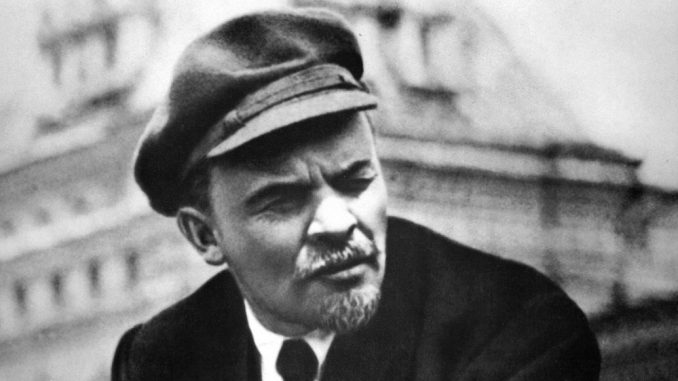
Por Emilio Poliak
Part of the conference was crossed by this debate. It was based on the interventions of the majority of the representatives of the international current of the PTS who, strikingly, stressed the influence reached by La Izquierda Diario in the different countries in every one of their interventions. The role of the revolutionary press had an outstanding importance in the history of the construction of revolutionary parties that the participating organizations take as an example. Obviously since the publication of Iskra at the beginning of the last century until today the reality of communication has undergone important changes that cannot be ignored. In that sense, it must be recognized, as Alejandro Bodart pointed out in his closing statements, that the PTS comrades have made a contribution taking advantage of new technologies and have occupied a space (particularly in Argentina, since it is not the same in all countries) in the diffusion of the left´s ideas. On this, at least with us, there is no debate. We are in favor of taking advantage of all advances and possibilities, in fact we try to do so and we will continue to advance in new initiatives in this regard, for example launching a new website in the coming weeks.
What surprised us, and this is where our disagreements lie, is in the relationship that comrades draw, in a mechanical translation, between the “hits” on their website and the political influence of their organizations. They base this affirmation on the idea that at this stage it a “Iskrist” strategy is called for, understanding this definition as a unilateral synonym for people entering a website. We do not agree that this was the conception of Lenin’s strategy, in which the press not only played the role of spreading ideas and educating the working class but also of being the political organizer of the party. This is what he pointed out in many of his writings. Already in the What is to be done? In 1902 the Russian revolutionary pointed out that “the fundamental content of the activities of the organization of our party, the center of gravity of these activities must consist of a work that is possible and necessary both during the period of the most violent explosion and during that of the most complete calm, namely: in unified political agitation work throughout Russia that sheds light on all aspects of life and leads the greatest masses. And this work is inconceivable in today’s Russia without a central newspaper for all Russia that appears very often.” But he added, “The mission of the newspaper is not limited, however, to disseminating ideas, educating politically and attracting political allies. The newspaper is not only a collective propagandist and a collective agitator, but also a collective organizer”. A few years later, in the context of the discussion that gave rise to the division between Mensheviks and Bolsheviks, precisely around the discussion on the organization of the party, he recalled “Indeed, Iskra had been from the first moment, not just a publication organ but, in addition, an organization cell […] When the II Party Congress recognized Iskra as the Central Organ, among the three points that set out the reasons for the corresponding resolution, two were dedicated precisely to this organization plan and the ideas of organization from Iskra: to his role in directing the practical work of the Party and to his leading role in the work of unification.”(One step back, two steps forward, 1904).
Not taking everything related to the press and dissemination of ideas together with the task of organization, can lead to a movementist construction that equates readers to political influence and militant organization, when in reality this relationship is not expressed in mobilizations or in the real implantation of forces in the working class, the youth and the women’s movement. In this sense, we continue to believe that in addition to incorporating and improving the use of new technologies and combining various forms of dissemination, the need for tools that allow the militant organization of parties remains fundamental for the construction of solid revolutionary parties.








